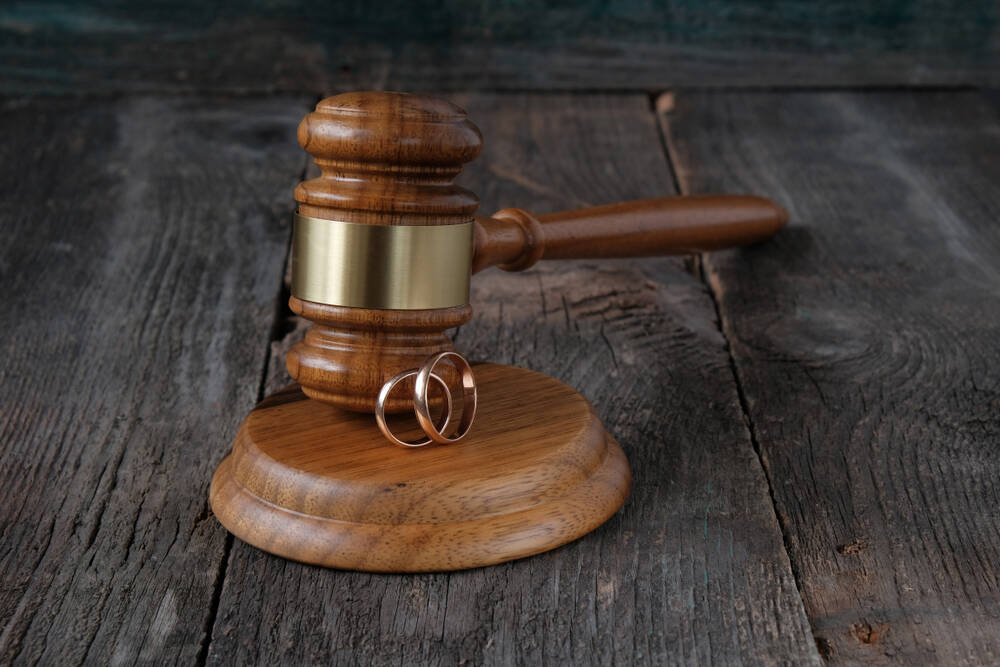In 1956, Alaska’s Founders expected that subsequent constitutional conventions would be necessary. Fairbanks delegate Warren Taylor said, “I think the next constitutional convention will possibly have a little better idea than we have now.” Homer delegate Yule Kilcher agreed with Taylor and remarked our constitution wasn’t as spectacular as some thought, and even minor matters should be taken up at the next convention.
When billions in oil money started flowing into our government, the legal system our founders set up got hijacked. Some appointed Supreme Court judges and unelected prosecutors began defying our constitution. Since judges and lawyers are self-regulating, a cartel-like structure developed, and ethical lawyers became silenced in fear. Today, the Alaska Rules of Professional Conduct and Code of Judicial Conduct gather dust.
At risk are the unwealthy, particularly Alaska Natives who account for 40% of our prison population. Many of them have been denied unbiased investigations, fair trials, and juries of their peers. They’re helpless against prosecutors who coerce unfair plea bargains to pad career stats.
Also at risk are grand juries, which have an unlimited right to investigate all government entities and make recommendations concerning the public welfare. In 1988, following the heroics of a Juneau Grand Jury that exposed improprieties in the Sheffield administration, three Supreme Court judges proved their disdain for the Constitution by illegally forcing through Court Rule 6.1 that curtailed future grand jury reports. They overruled their two colleagues who were adamant Rule 6.1 was unconstitutional. The rule remains in effect today, hindering government transparency.
It’s unsound government policy when we have no safeguard against the actions of outlaw judges.
While writing my recent book on the Alaska Grand Jury, I gained tremendous respect for our original delegates. Yule Kilcher, Mildred Hermann, Ed Davis and Marvin “Muktuk” Marston gave compelling speeches at the convention promoting justice and equality for all Alaskans. They would be horrified today at our legal system.
Marston would be particularly dismayed with our embarrassing prison statistics. He spoke of an “Arctic friend” of his who had been wrongfully imprisoned without the money to defend himself. Marston supported the grand jury because without it, his friend would have “lost his job and been a derelict on the shores of white man’s civilization.”
Our founders hoped the Alaska Judicial Council system would be an improvement over the way federal territorial judges were appointed. The AJC consists of four lawyers belonging to the Alaska Bar Association and three non-lawyers; the majority decides what two candidates will pass through to the governor.
The model behind our AJC system was an unproven experiment known as the “Missouri Plan.” Introduced during World War II, Missouri’s appellate judges were determined by a panel of lawyers. For trial judges however, voters in each county were given the option to either elect them or let the lawyers decide. Over the last 75 years, only 5 of Missouri’s 115 counties have opted for the lawyers. It speaks volumes that 96% of Missouri counties have preserved their right to vote for trial judges.
Delegate Robert McNealy, a Fairbanks lawyer, predicted “this appointment method will bring judges into politics more so than an election by the people.” Time has proven him right. Several years ago, the Wall Street Journal observed “Missouri’s courts are every bit as hung up in politics as they are in other states. The difference is that in Missouri the process happens behind closed doors.”
Alaskans are much worse off than the Missourians – we can’t vote for our trial judges, attorney general or district attorneys.
Our founders placed a lot of trust in the ABA, but back then it wasn’t dominated by politics and took its ethical obligations seriously. Today’s ABA has transitioned into an elite trade group for the wealthy, increasingly influenced by its growing ranks of highly paid government lawyers. Forbes estimates a law school degree costs about $200,000 – most Alaskans can’t afford that. Political influences on the ABA and its four AJC members decide who will apply the law to you and 730,000 other Alaskans.
Alaskans can best hold our judges accountable to the constitution by giving voters the power to choose them. That’s how our neighbors to the south do it — Washington, Oregon, Idaho, and Montana. They elect all judges in non-partisan elections.
The clear intent of our founders is found at the beginning of our constitution, “All political power is inherent in the people”. We currently have no power to hold outlaw judges and government lawyers accountable and will need a new Constitutional Convention to correct their bold abuse of our Founders’ trust.
Don’t let the well-funded fear mongers compromise your independent mind. They speak for special interest groups that exploit the weaknesses in our constitution. Their opposition to giving the people the final say over our Constitution says it all. Vote yes to restore democracy and justice in Alaska.
• David Ignell was born and raised in Juneau. He holds a law school degree and formerly practiced law in California. He resides in West Juneau.
Columns, My Turns and Letters to the Editor represent the view of the author, not the view of the Juneau Empire. Have something to say? Here’s how to submit a My Turn or letter.

